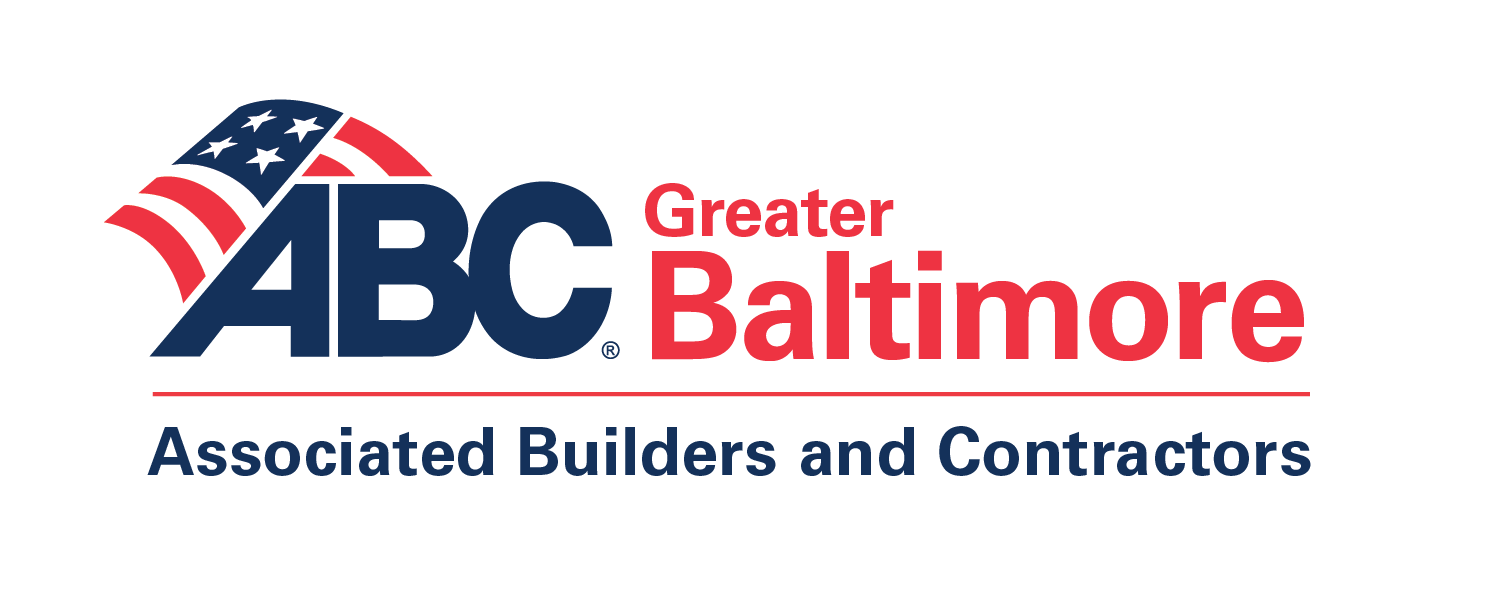As a contractor, you might always be looking for ways to improve your bottom line. If you look at current construction input prices, you’ll notice they are just rising for the first time since October, when they went up by .5 percent.
What Are the Numbers Now?
In February, input prices rose .9 percent. Some of the biggest increases were in crude petroleum at 2.6 percent and softwood lumber at 4.8 percent. When looking at the entire past year, input prices have risen by 1.8 percent total.
How Does This Impact Construction?
When costs go up, the supply chain changes. Consumers have to decide whether or not they want particular projects done at a higher cost or if they’re willing to wait until a time when input prices are lower and construction costs go down. There may not be the right amount of products and materials needed to complete a certain job, so contractors really have to be on their toes anytime input prices go up.
Can Contractors Do Anything About Rising Costs?
You typically can’t do much to change your supplier’s prices, but you can do something to keep your own costs as low as possible in order to maintain competitiveness in the construction industry. For example:
- Try Prefabrication – When you have certain parts of your project prefabricated, you can typically save on labor and material costs.
- Reduce Waste – Conduct an assessment on how much waste you produce. Are there wasted materials you can use for another project?
- Stay Organized – An unorganized workplace creates chaos and chaos creates unnecessary costs. Using management software, computer design software and other similar programs will help you stay organized.
Learning More About Construction Industry Trends
Aside from rising input prices, there’s more you can learn about current trends in the construction industry so you’re at the top of your game. For more information, contact ABC Baltimore today by calling 410-324-3928.

